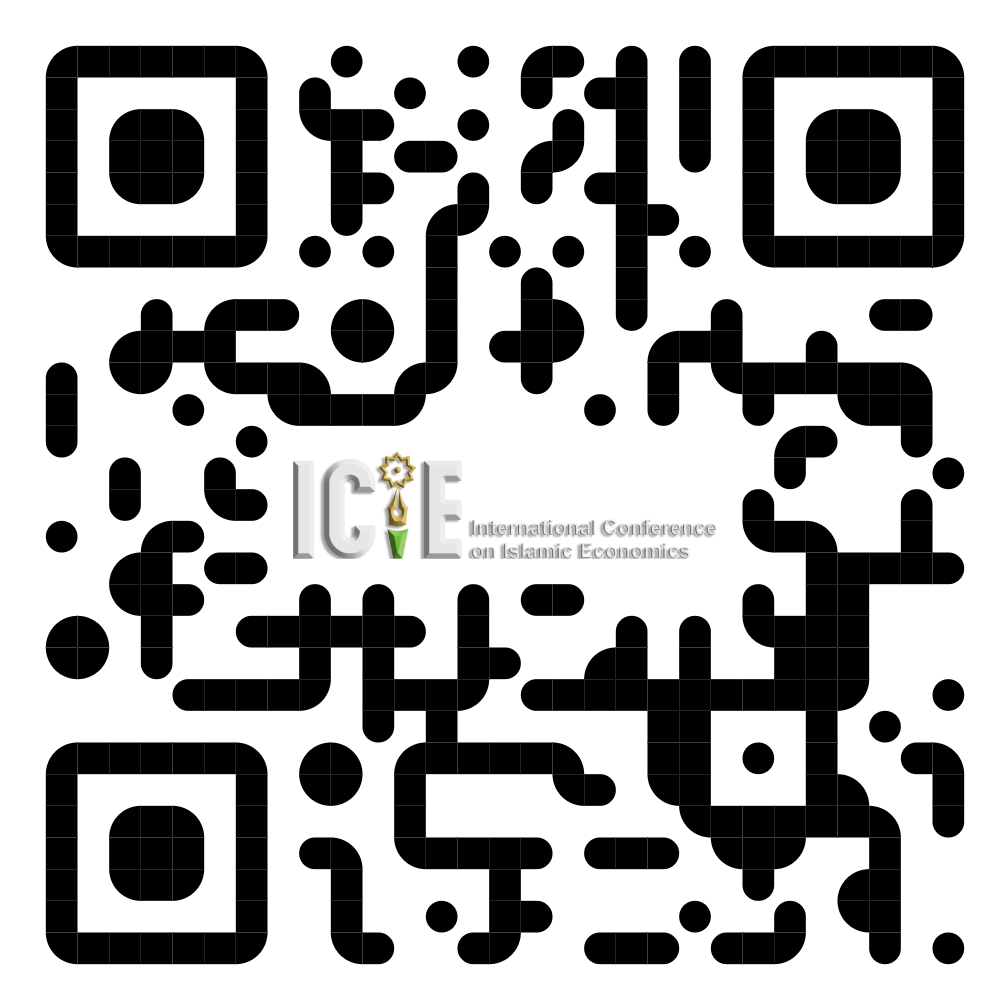Ethics of Sharia Auditors in Zakat Management Organizations: An Analysis of Fiqh Rules
Keywords:
Accountability, Ethics, Fiqh Rules, Sharia Auditor, Zakat GovernanceAbstract
The purpose of this research is to analyze the fiqh rules related to the ethics of sharia auditors at the Zakat Management Organization (ZMO). This research is important to do as an effort to realize zakat governance towards the economic sustainability of the people. The result of this study is that there is one difference in the basic principles of auditors and Sharia auditors namely accountability. This study suggests three fiqh rules that are specifically related to the ethics of sharia auditors in ZMO, namely likulli maqoolin maqoomun wa likulli maqoomin maqoolun (every place has its speech and every speech has its place), maa laa yudraku kulluhu laa yutraku kulluhu (what cannot be reached all cannot be left all), and tafriqul halal 'anil haram (separating something halal from the haram). The use of these three fiqh rules is based on the Qur'an and Hadith, namely Surah Yusuf verse 55, Hadith narrated by Imam Muslim, and Hadith narrated by Imam Muslim and Imam Abu Daud. The suggestion for Sharia auditors is that they are expected to apply these three fiqh rules as a foundation in ethics when conducting audits at ZMO. The suggestion for further researchers is not only to use a literature review but to use a qualitative approach with in-depth interviews with Sharia auditors and scholars. This research contributes to enriching the insights of Sharia auditors and policymakers as well as the economic sustainability of the people which will certainly be affected if good zakat governance can be realized.




